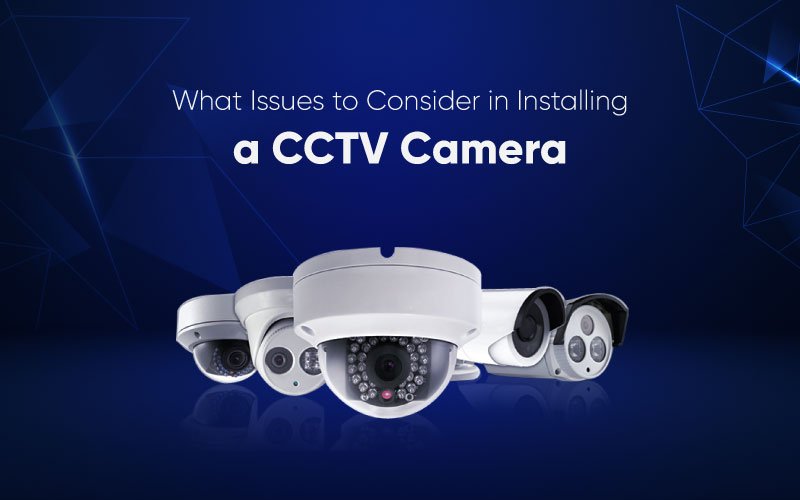
CCTV cameras are rolling out across the spectrum. Offices, shops, markets, secured places, and homes are no exception. You need special protection from anti-social elements, shoplifting, employee overseeing, and peripheral intrusion. People want answers to some of the basic surveillance systems and factors before putting the security camera into action.
The transparent resolution, immaculate integration, waterproof casings, area size, location, permission, technicalities, and innumerable features stun you. — So, what issues to consider in installing a CCTV camera? Orlando Camera Installation experts do the brainstorm to expedite your journey in the right direction.
What CCTV installation features should you remember?
Whether it goes DIY or professional video camera installation in Orlando, you can use the best expert advice in this respect. Let’s dig deep into the CC camera fitting with residential, commercial, and business properties at the forefront. Hatch the best security plan to keep the video evidence of the crime.
Related One: Where To Install Home Security Cameras
1. Cabling for IP camera installation
Outdated and analog coax cabling has been mostly replaced with Cat5E and Cat6 cables. These wires are capable of transferring a large amount of data. This attribute is much appreciated in digital video recordings with high resolutions at ultra-fast speed.
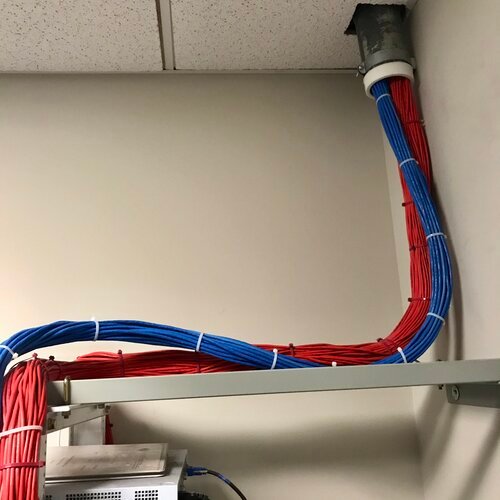
IP cameras require no local recording device and are extremely popular for surveillance. Despite being reliable, coax cables are not compatible with IP camera setup.
— Besides, Cat5E and Cat6 cables transfer power apart from managing data movement. Thus they effectively eliminate double wiring. This technology is called power-over-ethernet that removes clutter.
2. Surveillance area
The size and environment of the surveillance area have a say on virtually all aspects of the installation of a CCTV camera.
Whether the video recorder stands outdoor or indoor, is of paramount significance as well. Temperatures and weather conditions negatively impact the longevity of a few cameras if left outside.
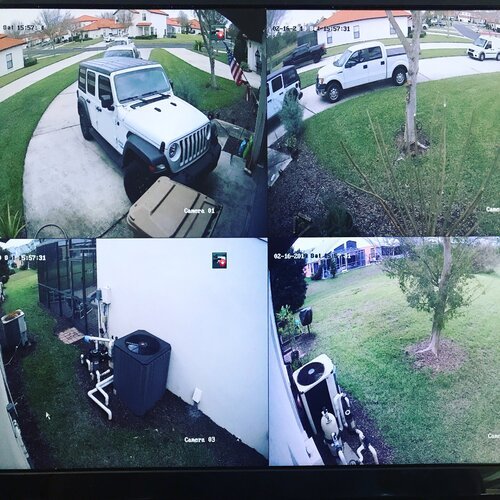
Large and small areas differ in cable selection too. Using a video amplifier, CCTV footage can reach up to a kilometer away.
Are the areas closely located to each other or spread far apart? Several fixed cameras can amply cover an area. But pan-tilt-zoom cameras swivel around and keep track of a wide area with occasional gaps in the feed.
Depending on your necessities, you have to choose between telephoto and wide-angle cameras. The difference lies in the finer details of the view. The telephoto gives you a transparent and narrower view of the faraway places.
3. Cost of video camera installation
Security camera installation cost runs from $600-$2000. Obviously, you need the optimum features exclusively suitable for your property. Wired CCTV systems cost more for installation than the parts. — Whereas wireless cameras go just the opposite. Both CCTV and IP cameras are priced about the same as well.
The environment determines whether the camera should be installed with adequate housing. If the machine is exposed to acids, severe weather conditions, such as extreme heat or cold, it needs a protective shelter that withstands a harsh environment.
4. Ease of security camera installation
Wireless surveillance systems top the list. The installation barely bothers you. It requires almost no expert hand if you have a little mastery over tech know-how.
The DIY lovers are all for it. Easy-peasy movement privilege and remote access have given wireless cameras an unprecedented upper hand.
However, lower resolution proves to be a significant drawback. Occasional signal interference is another major trouble.
Wired cameras come with cheaper replacement kits and you can customize the model to tailor-fit your property. Wired systems cannot be remotely hacked, jammed. They have built-in power with battery backups for power outages.
But fixed locations are going to drive a wedge into the landscape. Wired security camera requires complex installations which is a huge turn-off.
5. Data safety
Traditional CCTV cameras offer high definition and larger digital storage. This system typically works independently of the internet. The cameras record video and store it in a location. So, the system security is pretty much hard-wired with top-notch protection.
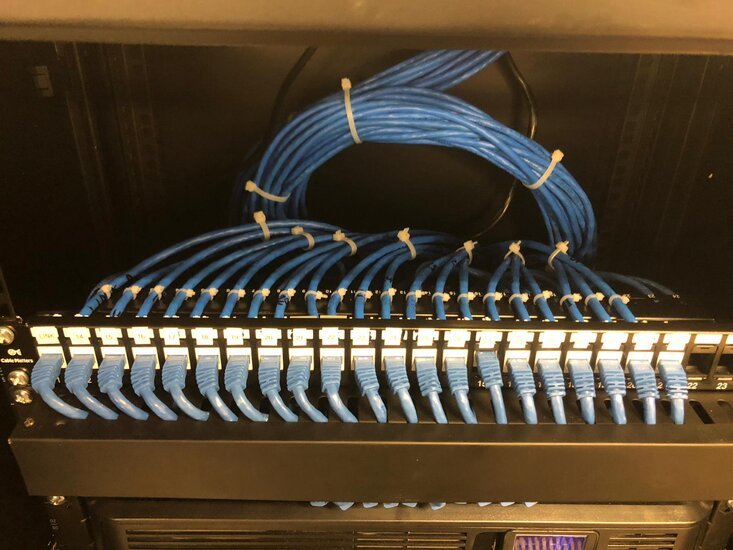
Contrarily, remote hacking possibilities leave wireless surveillance vulnerable to malicious attacks. If you have sensitive industrial or commercial or official secrets, you must think it through.
6. Light sensitivity and lighting requirements
Auto-iris lenses, such as DC-iris or P-iris, are great for outdoor environments. In addition, day and night cameras perform well during both halves of 24 hours. The light sensitivity or additional lighting or specialized light from sources such as IR lamps is of immense help.
Light sensitivity has no industry standard. So measuring light sensitivity, lux measurements could be a formidable challenge. Network cameras are basically incomparable among different network video product vendors.
7. Camera placement
A useful image taps into lighting, angle, reflections, dead zones, and the zoom factor. Try to avoid backlight and minimize reflections.
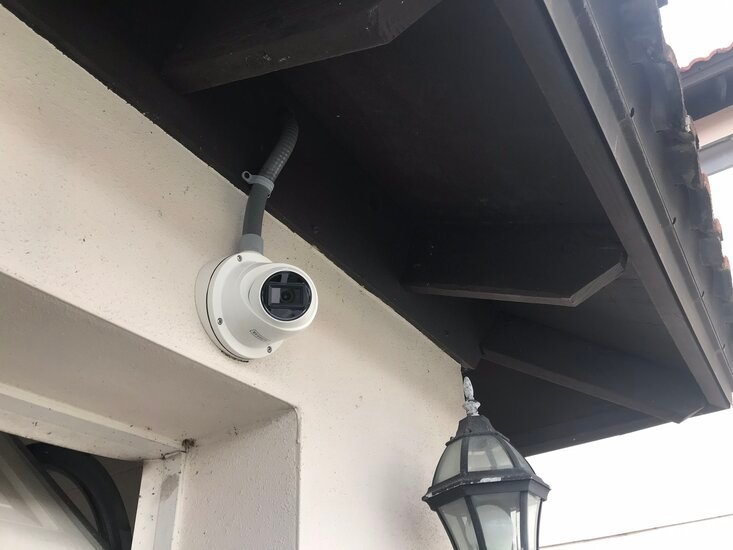
To deterring vandalism, place the camera out of reach on high walls or in the ceiling. This small tactical decision prevents malevolent attacks. By the way, the angle of view might get somewhat compromised. Select a different lens to compensate for the loss of quality.
If you are tracking the movement of people or objects, there are suitable surveillance cameras for the task.
But if you are identifying a person or object, the camera position and focus are vital. Put it in a way that facilitates capturing detailed identification marks. Local police authorities are able to instruct you on the best security camera positioning.
8. End-user training
Introduce your operators and users to the latest batch of equipment. It smoothly consolidates the whole process and helps you make the most out of the security camera features. None of the video camera perks should evade you.
Post-setup inquiries mostly subside and the troubleshooting prospects elevate to the next level. Thus the operators can make flawless decisions in emergencies.
The manufacturer guidelines provide incredible insights into the system. Besides, professional technicians can be of huge assistance. For example, the Orlando Camera Installation team prepares your camera staff almost like professionals.
9. Storage
Usually, hard drives maintain the footage. But lately, people prefer cloud storage for it. Cloud storage allows current-time access to the live and recorded videos. In today’s internet world, this is a no-brainer choice.
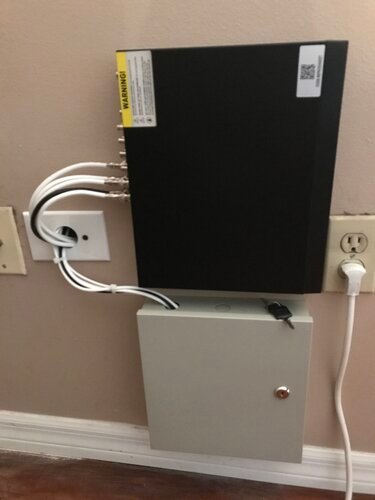
However, video surveillance footage most often ends up in the hard drive. You have to choose the right amount of storage space. Otherwise, vital feeds might vanish into thin air, leaving you no clue of an incident.
If you unleash a 4k security camera video, you are probably gambling on terabytes of storage area to catch up with.
Conclusion
Moreover, businesses store commercial security camera footage for about a month. Contrarily, residences might daily wipe out the data. For complex ATM or sensitive office spaces, the record lasts about 90 days. So, the storage capacity has a tremendous impact on the success of a CCTV camera installation.
New IP cameras let you add more cameras in the future. They connect over a wireless network. Traditional CCTV cameras are difficult to scale because everything is permanently installed. Our specialist opinions must have clarified which things to consider in installing a CCTV camera.
